Wastewater standards
Upgrading and renewing New Zealand’s aging public wastewater treatment systems is one of the biggest infrastructure challenges facing the country. National standards aim to lift wastewater performance, provide clarity and cost efficiencies for public
Wastewater standards (regulations under the Water Services Act 2021) include requirements, limits, conditions or prohibitions on activities associated with wastewater networks. They are a key part of Local Water Done Well, the Government’s approach to addressing long-standing water infrastructure challenges.
Wastewater standards only apply to public networks – mostly owned and operated by local councils – not to privately owned wastewater treatment networks or septic tanks. Standards are implemented by regional councils through resource consent conditions.
Local councils engaging with communities about different wastewater options (e.g. where wastewater treatment plants are located, the sorts of systems used, and where treated wastewater is released) and their affordability, are supported by having national wastewater standards.
New Zealand’s first national wastewater standards became law on 19 December 2025 following public consultation and extensive engagement. Requirements relating to overflows and bypasses will take effect three years later. This delay allows operators to use future stormwater and wastewater risk management plans to support consent applications related to overflows and bypasses.
Wastewater standards determine what kind of treatment is needed before wastewater can be released into the environment. The rules vary depending on how sensitive the local environment is. In areas that are more sensitive, stricter treatment is required. In places where the risk to the environment or public health is lower, the treatment requirements are less strict, which helps keep costs down.
The existing Resource Management Act consenting process will continue to apply to areas that fall outside the standards. For example, this may include sensitive environments such as geothermal waterways and contaminants of local significance such as pharmaceuticals.
Find out more about:
New standards
See an A3 summary of the standards here
Follow the links below to see the standards in full.
-
Discharge to water standard
The standard sets wastewater treatment requirements based on the sensitivity of the receiving environment.Find out more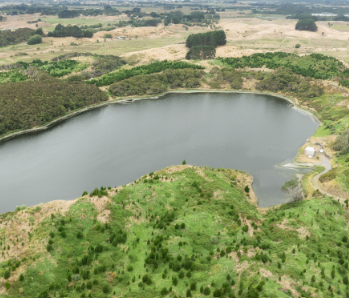
-
Discharge to land standard
These standards come into effect on 19 December 2025. We will continue to develop material to support implementation of the standards and will keep this page updated.Find out more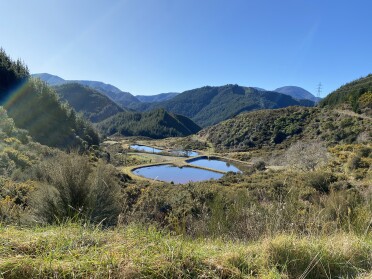
-
Beneficial reuse of biosolids standard
The standard ensures biosolids are treated so they can be safely reused for beneficial purposes.Find out more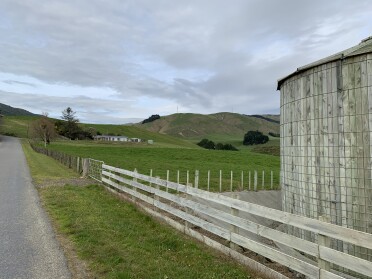
-
Management of overflows and bypasses standard
The standard creates a consistent, risk-based framework for managing overflows and bypasses which helps protect public health and the environment.Find out more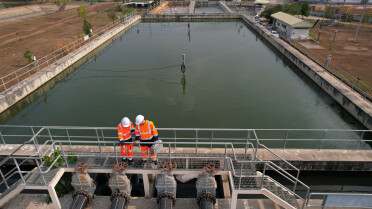
Further reading
-
Transition arrangements for the new standards
Find out more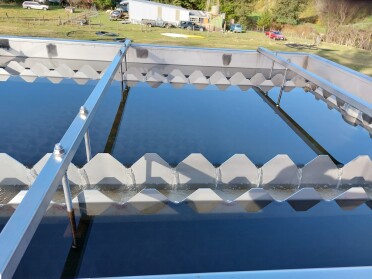
-
Resources
Research and a range of other sources of insight informed the development of the wastewater standards.Find out more